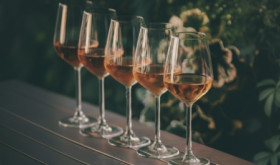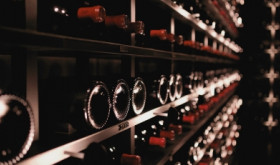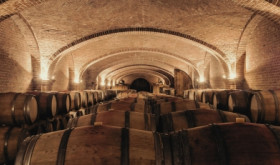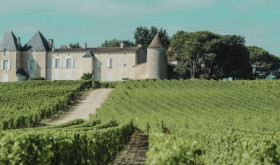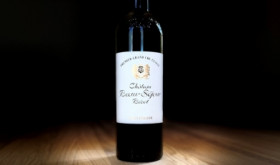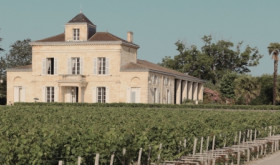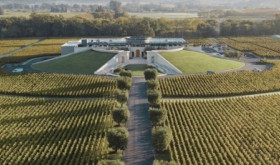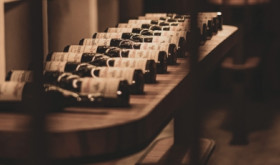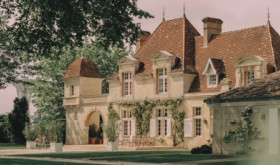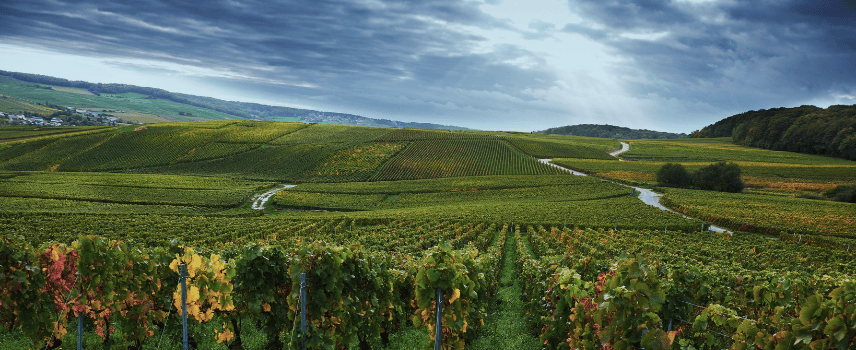
Winemakers in Champagne have written an open letter – published in Le Monde on the 6th of December – that voiced their opposition to the professional bodies’ reneging on a commitment to phaze out the use of all chemical herbicides in the region by 2025.
The date was significant: it was the day of the Annual General Meeting of the Association Viticole Champenoise (AVC). At the AGM, both the Syndicat General des Vignerons (SGV) and the Union des Maisons de Champagne (UMC) had officially announced – five years previously – that herbicides would be banned.
Jean-Marie Barillère, former president of the UMC, commented in 2018: ‘There are only two possible outcomes: either we move forwards or we are forced to move, with all the risks the latter entails in ecological terms, in terms of image and therefore in economic terms for our industry and our businesses. I prefer to forge a path towards a virtuous Champagne, rather than keep dwelling on the past.’
Maxime Toubart, president of the Syndicat General des Vignerons, also said at the 2018 AGM: ‘Our objective is, in a few years’ time, to be able to talk about a 100% sustainable Champagne, that takes its commitments seriously and can be held up as an example, and which can proudly proclaim: zero herbicides.’
Despite previous assurances, in 2022, Toubart refused to add the zero-herbicide policy to the cahier des charges: the Champagne appellation’s rulebook. Because of this, the dispute between the SGV, the Association Biologique Champenoise (ACB) and a union of organic growers, has only gained momentum.
President of the ACB, Jérôme Bourgeois, commented: ‘It is unacceptable that a prestigious appellation like Champagne can even imagine walking back a core environmental promise made five years ago, especially in today’s ecological climate.’
While the main Champagne body (the CIVC) didn’t comment on the open letter at the 2022 Annual General Meeting, David Châtillon – UMC president – did speak about the importance of preserving ‘Champagne’s perceived image’. Promisingly, he also made it clear that the Champagne region is committed to its zero-herbicide pledge, although no deadline was given.
In their address, Toubert added that ‘Champagne was greener than it ever had been before.’ This was supported by Arnaud Descotes, the CIVC’s technical director, who highlighted that the new herbicide law brought in last year has restricted the number of treatments permitted, as well as which herbicides are allowed.
Whether the initial deadline to rule out herbicides by 2025 will be met remains to be seen. However, one thing is for sure, those who signed the open letter are still keeping up the pressure: ‘We, Champagne winegrowers, Champagne houses and members of cooperatives, call upon the SGV and the UMC to continue implementing their progress strategy by respecting the deadline of ‘Zero Herbicides by 2025’, embracing an effective and sustainable commitment of our sector, in the interests of all stakeholders in the Champagne region and our fellow citizens.’
Read more recent Champagne news: Moët Hennessy’s Champagne Stocks Running Low.
